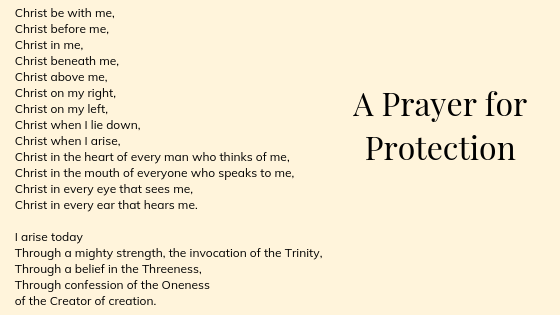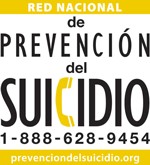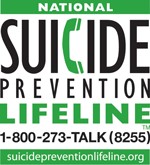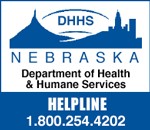Suicide Prevention Awareness Month: Advice from Catholic Charities

The following post was written by friend of the Catholic Schools Office, Joan Huss, MA, LIMHP, LADC. Joan is Senior Director of Program Services for Catholic Charities in Omaha. We encourage all to refer to and save the resources she cites below.
 September is Suicide Prevention Awareness Month. Each year, 44,000 individuals die by suicide. In our nation on average, that is one death every 13 minutes. Suicide can affect anyone regardless of age, race, religion, socioeconomic status or gender.
September is Suicide Prevention Awareness Month. Each year, 44,000 individuals die by suicide. In our nation on average, that is one death every 13 minutes. Suicide can affect anyone regardless of age, race, religion, socioeconomic status or gender.
According to the USCCB website, “Our contemporary culture, with its emphasis on material success, can hamper the ability to find meaning in situations where suffering occurs. The effective responses, however, are embedded in the Catholic Church’s teachings on the role of the family in guiding and nurturing children in the domestic church, as well as on utilizing the best that science has to offer, in ways that support Christian moral truths. As clergy and lay leaders in the church become more aware of the warning signs, and as more mental health professionals see the value of a person’s spiritual beliefs in aiding their emotional functioning, the appropriate resources can be brought to bear and aid these youth in distress.
Locally, Catholic Charities is committed to breaking the stigma around suicide and to helping those who are at risk as well as those left behind. We ask those in the Archdiocese of Omaha to please pray with us for the families and communities impacted by this preventable tragedy.
Warning Signs
- Social withdrawal
- Unexplained physical pain
- Feeling trapped or in unbearable pain
- Changes in sleep
- Excessive alcohol or other substance use
- Risky/reckless behaviors
- Increased anxiety or agitation
- Saying goodbye
- Talking about being a burden
- Hopelessness
- Extreme mood swings
- Giving away possessions
- Talking or writing about wanting to die
- Increase in anger/rage
Start the Conversation
We know that starting the conversation does not increase the risk for self-destructive behavior. Often, it will reduce the risk of acting on suicidal thoughts. Be sure you have crisis information and resources available to help the person. Find a private location without distractions. Make sure you have enough time to respond.
Ask Questions
Be sensitive, but ask the question directly with compassion, concern and reassurance.
For example:
- “I know times have been difficult for you lately.”
- “You’ve seemed stressed lately with all of the issues that have been going on in your life.”
- “I’m worried about you because (describe specific behavior – use warning signs above if needed).”
- “What can I do to help?”
Follow your intuition. If you believe that the individual is having thoughts of suicide, ask directly:
- “Are you feeling so badly that you have had thoughts of suicide?” or
- “Are you thinking of killing yourself?”
If they say “yes” and the threat is imminent, stay with the person until they are connected with a mental health professional for an assessment. This may mean taking them to the local emergency room. If you are unsure about how to locate a mental health professional, contact Lifeline at (800) 273-8255.

What Not to Say
- “You’re not thinking of killing yourself, are you?”
- “How could you be so selfish? Don’t you know how hurt your family would be if you killed yourself?”
- “I won’t tell anyone else. You can trust me with this secret.”
Create a Safety Plan
If the threat is not imminent and there is no plan to attempt suicide, create a Safety Plan with the person.
- Help them schedule an appointment with a mental health professional and offer to take them to their first appointment.
- Continue to check in on them and express compassion, support and reassurance.
- Help them remove potential means from their living space (i.e., firearms, pills, alcohol, drugs).
- Help them identify potential people they can go to for support if they were to have suicidal thoughts again.
- Help them identify coping skills that they can use when they are feeling sad or angry (i.e., praying, art, reading, etc.).
Additional Resources
For more information on suicide and suicide prevention:
- 13minutes.org
- thekimfoundation.org
- SAMHSA Suicide Safe App for iPhone or Android
If you or someone you know is in crisis, do not hesitate to reach out for help. There is immediate help available. A skilled, trained counselor is able to talk to you now and provide assistance:
- National Suicide Prevention Lifeline: 1-800-273-TALK
- Crisis Text line: Text START to 74174





